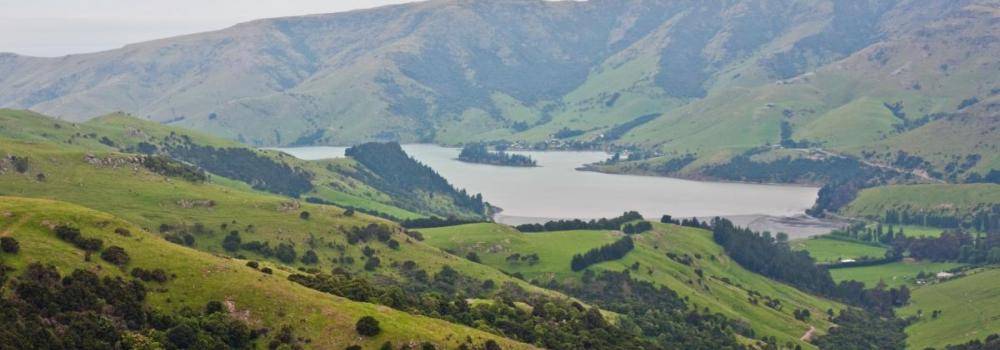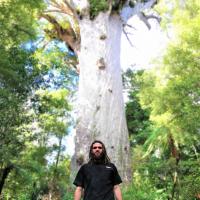
Overview
Though New Zealand doesn’t mandate environmental education initiatives through national policy or legislation, the country has positioned environmental education and education for sustainability as cross-curricular contexts in its national education standards. Further, New Zealand is initiating cross agency work to develop a national EE strategic framework and coordinate a networking system across schools, program providers, stakeholders, and funders to promote continued growth in long term programs that link schools and learners to community led conservation. New Zealand is also working to provide new opportunities for educator professional development, capacity building for EE practitioners and conservation rangers, and increased efforts in developing K-12 students’ leadership skills and action competence.
Policy & Practice
National Legislation
Although there is no specific mandate for EE within New Zealand there is a guiding national strategy, Learning to Care for Our Environment: Me Ako ki te Tiaki Taiao (Ministry for the Environment, 1998). This strategy is currently being refreshed through a cross-agency project led by the Department of Conservation, the Ministry for the Environment, and the Ministry of Education. The refreshed draft National Strategy for Environmental Education for Sustainability 2016-2026 was available for public feedback in 2016.
EE in K-12 Education
New Zealand schools are guided by both The New Zealand Curriculum (2007, English medium) and Te Marautanga o Aotearoa (2008, based on Māori philosophies). Environmental education and sustainability are positioned as cross-curricular in both of these. Schools are also supported to design and implement environment education in their own school curriculum by the Guidelines for Environmental Education in New Zealand Schools (Ministry of Education, 1999). In senior secondary school (Years 12-13) Education for Sustainability credits can be gained for Level 1 and 2 of the National Certificate in Educational Achievement (NCEA). In 2015, the New Zealand Council for Educational Research published an update on Environmental Education in New Zealand Schools. Toimata Foundation leads the largest single education for sustainability program in New Zealand: Enviroschools. Over 31% of schools in the country and 85 partner organizations are part of this network.
Professional Development
There currently is no certification program for environmental educators in New Zealand. There are a wide range of professional development opportunities available for environmental educators, however there is no centralized location from which these can be accessed. Opportunities include the New Zealand Association for Environmental Education biennial conference; training workshops run by the Toimata Foundation for the facilitators of the Enviroschools and Te Aho Tū Roa programs, who in turn provide professional development opportunities to schools and their communities, as well as multi-day workshops on Education for Sustainability; and workshops offered through the Teachers’ Refresher Course Commission (TRCC).
Leadership
EE National Associations
The New Zealand Association for Environmental Education (NZAEE) is a charitable trust with the focus of educating for sustainability. The association includes a national executive and seven branches. NZAEE has a memorandum of understanding with the Australian Association for Environmental Education and affiliation with the UK National Association for Environmental Education (NAEE) and the North American Association for Environmental Education (NAAEE). New Zealand also participates in the Global Environmental Education Partnership.
EE in the National Government
There is no centralized point coordinating environmental education, however the Ministry for the Environment, under the Environment Act 1986, has a function "to provide and disseminate information and services to promote environmental policies, including environmental education and mechanisms for promoting effective public participation in environmental planning". Other government agencies with a role in environmental education include the Department of Conservation and the Ministry of Education. The Office of the Parliamentary Commissioner for the Environment gives independent advice to the government and produced a significant thought piece in 2004 - See Change: Learning and Education for Sustainability.
National EE Campaigns and Funding
Environmental education is often placed in a web of connections with schools, early childhood settings, tertiary education providers and central government, local government, NGOs, trusts, community groups and businesses. Initiatives are usually reliant on a combination of contestable fixed term funds administered by central and local government, NGOs or trusts. Corporate sponsorship and philanthropic interest is growing.
Organizations
Case Studies
BLAKE NZ-VR connects young people to the marine environment through a school roadshow using virtual reality (VR) headsets and 360-degree underwater videos.


